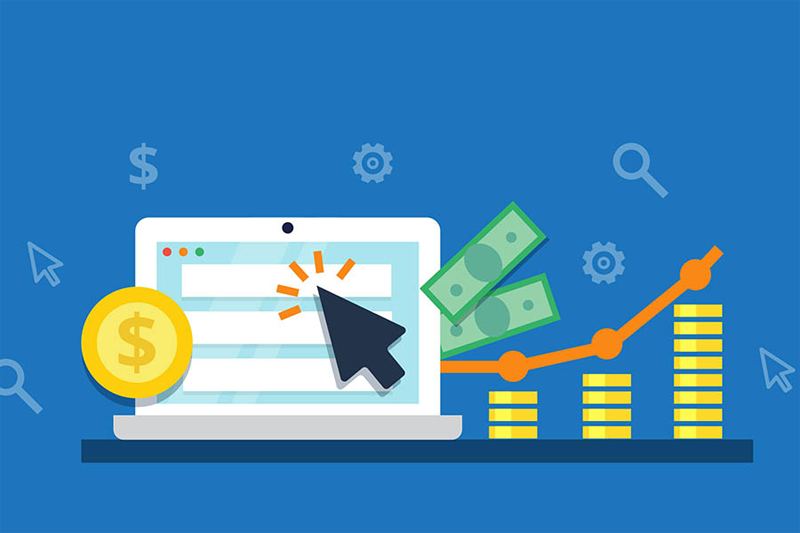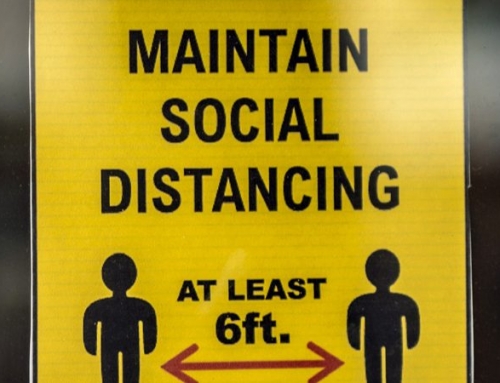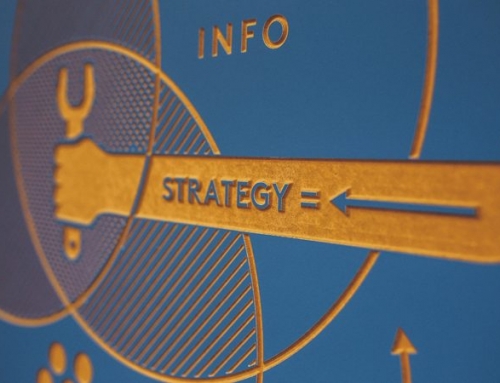What is PPC?
PPC stands for “pay per click” which means that every time a user clicks on your link, you will be charged. Paid search means that your results are usually among the first few sites that are presented when somebody enters a relevant keyword. Your link will appear among the other “sponsored” links, which means its likely that people will see your site before they get to any others. In simple terms, this style of marketing is essentially paying for people to come and visit your site. It doesn’t always work and as with everything in marketing there aren’t any guarantees, but this is the principle this technique was created on.
Advantages
Ideal for Specific Markets
For those who work in very niche or specific markets, pay per click advertising can be extremely effective. Providing you get your keyword research right, there’s a good chance you can attract a lot of potential customers very quickly. You can also be specific about the times of day you would like your link to appear and also integrate specific locations such as cities or certain countries. Using this approach requires an adequate budget to cover the cost of each click, but if you manage to get a good conversion rate, it can sometimes pay for itself.
Real Time Feedback on Your Ads
With Pay Per Click, you can monitor the performance of your ads in real time and gather information about the users who are engaging with them. This allows you to collate accurate data about the people who are visiting your site. As part of a longer-term marketing strategy, this can be a great way to build up a comprehensive picture of the demographics, income bracket and browsing habits of your potential customers.
Retarget Existing Customers and Website Visitors
Targeting customers who have already used your website is one of the most effective ways of reaching people who are likely to convert. Essentially, google AdWords will target specific users who have previously used your site by showing them products that are relevant to things they have viewed in the past. For example, if somebody has searched for “men’s casual shoes” you can present a selection of relevant products within the first few results whenever they search for this again. Though it can be costly, this is a very effective technique used by many online businesses.
Local and Global Reach
If you’re welling to invest a decent amount of your advertising budget in to PPC, you can potentially reach customers from all over the world. Familiarity breeds trust and if your ad keeps appearing whenever your user base search for the keywords you are targeting, they are likely to click through, even if it’s just out of curiosity. For online businesses, this means you don’t have to stick to advertising to people in your town or even your country. Providing you can offer shipping and delivery; you can potentially sell to customers across the globe.
Fast Results (Usually)
There are always a few exceptions but the reason PPC is still popular with many marketing professionals is that it usually gets results extremely quickly. Unlike organic search, paid search can drive a high number of visitors to your site in a very short space of time. You can pay to appear on social media sites as well as googles own search engine, which means that you have a huge potential audience to communicate with.
Disadvantages
PPC Can Be Extremely Competitive
In some industries, certain keywords are like gold dust in terms of their potential to drive engagement. This means that companies often try to outbid each other in terms of how much they are willing to pay for PPC. If you are a well-established business with a substantial marketing budget, this won’t be an issue, but many smaller businesses or start-ups can quickly find themselves way out of their financial depth.
A Lot of People Don’t Even Look at Paid Ads Anymore
Some people may disagree with this but it’s a fact. Paid links are often used by scammers and less than ethical companies, which means some users are reluctant to click on them. Also, some browser add-ons will automatically block this type of link and flag them as potentially dangerous. This is rarely the case these days, but a number of web users now prefer to scroll straight down to the organic results, entirely ignoring everything that’s listed as a “sponsored” result.
Visibility Only Lasts as Long as Your Budget
Once your money runs out, your link will no longer appear at the top of the search results. This is why timing and targeting the right audience is absolutely critical. Though you may enjoy a brief spike in visitors while your link is prominently visible, this will drop off dramatically if you don’t have the funds to maintain them.
Fraud and Underhanded Tactics
Like grey hat SEO and other shady practices, this is something that is well known but rarely discussed in marketing circles. It is possible for your competitors to organise thousands of clicks on your ads from fake IP addresses and bots. Each time this happens, it costs you money but is guaranteed not to lead to a conversion. Thankfully this practice is usually quite rare, but it can be absolutely devastating to a campaign when it does happen.
Should I use PPC in my business?
This really depends on your budget, your business niche and how competitive the keywords are in your particular industry. Always weigh up the potential cost of your campaign against the potential return. If you can foresee yourself spending way more than you can potentially make, it’s definitely not a good idea. There’s often a need for a certain amount of trail and error in paid search, so if you are considering using this technique, it makes sense to have a couple of trial runs to get an overview of how your keywords actually perform.






